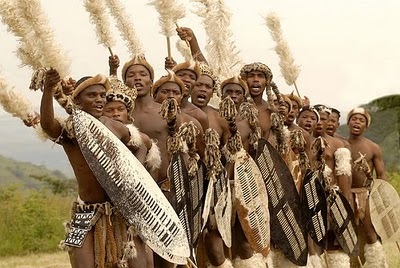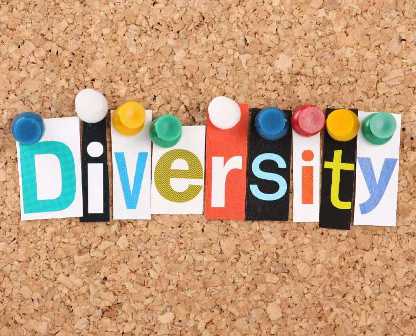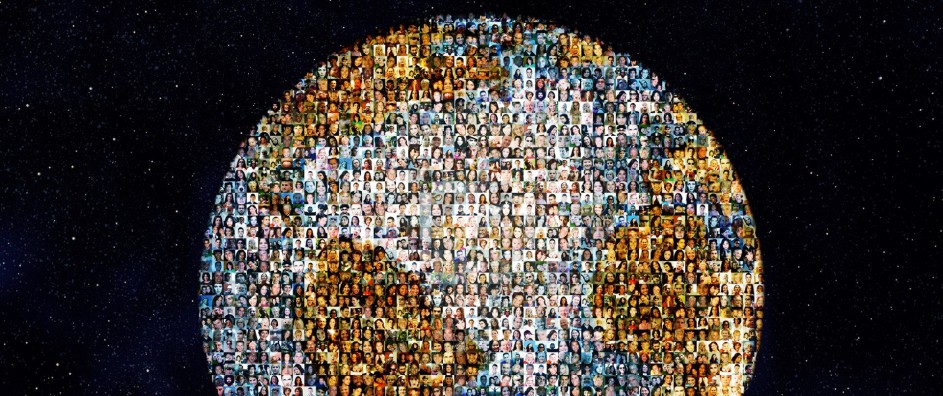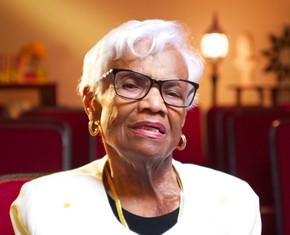The views expressed in our content reflect individual perspectives and do not represent the authoritative views of the Baha'i Faith.
People naturally seek alliances.
At the dawn of recorded history we forged the earliest human alliances, beginning with small-scale groups of extended families that gradually grew into tribes. During our ten thousand years as hunter-gatherers, tribal civilizations flourished. They worked well for the primitive technology and the limited geographies that people had available to them at the time. And tribal units, as they expanded into larger and larger groups, brought humans the first stage of our civilizations. They also brought war.
 As tribal civilizations grew and flourished, and as wars resulted in the enlargement of the scope of some tribes, feudal kingdoms and city-states eventually emerged as the next stage of human governance and organization. With the domestication of large animals like horses, cattle and oxen, and the emerging science of agriculture, humanity slowly changed its orientation from nomadic hunter-gatherers to more settled villages, towns and cities, and increased the distances they could travel as well, making more contact with other groups inevitable.
As tribal civilizations grew and flourished, and as wars resulted in the enlargement of the scope of some tribes, feudal kingdoms and city-states eventually emerged as the next stage of human governance and organization. With the domestication of large animals like horses, cattle and oxen, and the emerging science of agriculture, humanity slowly changed its orientation from nomadic hunter-gatherers to more settled villages, towns and cities, and increased the distances they could travel as well, making more contact with other groups inevitable.
As those larger human settlements grew they made alliances with others, some by force and some peaceful. Cultures began to trade, intermarry and exchange knowledge. But often, their differences led to larger and more destructive conflicts. To guard against that destruction and defend themselves, larger and larger alliances began to emerge. The first modern nation-states – Britain, France and later the United States – all formed approximately two to three hundred years ago. The rest of the world followed, and the era of nation-building commenced.
Today, humanity’s organizational model still centers around the nation. But the time has come, Baha’u’llah’s teachings say, to transcend that outmoded model and build a unified world:
In this day, however, means of communication have multiplied, and the five continents of the earth have virtually merged into one. And for everyone it is now easy to travel to any land, to associate and exchange views with its peoples, and to become familiar, through publications, with the conditions, the religious beliefs and the thoughts of all men. In like manner all the members of the human family, whether peoples or governments, cities or villages, have become increasingly interdependent. For none is self-sufficiency any longer possible, inasmuch as political ties unite all peoples and nations, and the bonds of trade and industry, of agriculture and education, are being strengthened every day. Hence the unity of all mankind can in this day be achieved. – Selections from the Writings of Abdu’l-Baha, p. 31-32.
Baha’is believe the aggressive, contagious and warlike nationalism the world has experienced for the past few centuries has outlived its usefulness, and should be discarded:
Unbridled nationalism, as distinguished from a sane and legitimate patriotism, must give way to a wider loyalty, to the love of humanity as a whole. Baha’u’llah’s statement is: “The earth is but one country, and mankind its citizens.” The concept of world citizenship is a direct result of the contraction of the world into a single neighborhood through scientific advances and of the indisputable interdependence of nations. Love of all the world’s peoples does not exclude love of one’s country. The advantage of the part in a world society is best served by promoting the advantage of the whole. – The Promise of World Peace, The Universal House of Justice, 1985.
 The Baha’i teachings say that the alliances we seek today, both as individuals and as societies, must be world-embracing. In fact, Baha’is believe humanity is now in the midst of one of the great paradigm shifts in human history, when our collective consciousness and our entire system of culture and governance undergoes a profound and lasting change. Abdu’l-Baha predicted this enormous transformation in our understanding of who we are more than a hundred years ago:
The Baha’i teachings say that the alliances we seek today, both as individuals and as societies, must be world-embracing. In fact, Baha’is believe humanity is now in the midst of one of the great paradigm shifts in human history, when our collective consciousness and our entire system of culture and governance undergoes a profound and lasting change. Abdu’l-Baha predicted this enormous transformation in our understanding of who we are more than a hundred years ago:
The people of the future will not say, “I belong to the nation of England, France or Persia”; for all of them will be citizens of a universal nationality — the one family, the one country, the one world of humanity — and then these wars, hatreds and strifes will pass away. – The Promulgation of Universal Peace, p. 19.
Baha’is love their countries, but they consider their national patriotism secondary to a more universal one:
Take pride not in love for yourselves but in love for your fellow-creatures. Glory not in love for your country, but in love for all mankind. – Baha’u’llah, Tablets of Baha’u’llah, p. 138.
In this post-modern age, we have all become world citizens, whether we realize it or not. The Baha’i teachings invite each of us to take on our rightful role as citizens by joining together to help build a just and peaceful new global society based on the unity of all humanity.
















Comments
Sign in or create an account
Continue with Googleor